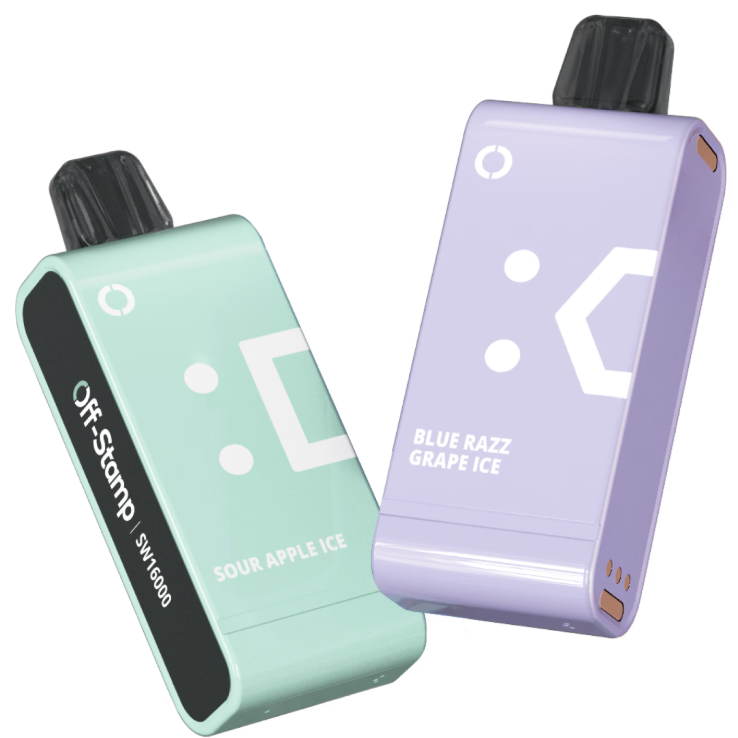Monsoon has already arrived. The rainy season also brings many allergic diseases from cold to cough or skin rashes. Many people have allergies and they can easily be affected when they come into contact with allergic agents. Seasonal allergies cause symptoms like sneezing, congestion, a runny/stuffy nose and other discomforting symptoms. They are also referred to as hay fever or allergic rhinitis can make you miserable. Treatment for seasonal allergies can help you get rid of these painful symptoms and keep seasonal allergies under control. This guide will walk through various allergy treatment options, including online treatment comfort from your home to some simple strategies.
Minimise Your Exposure To Allergy Triggers
You can reduce your exposure to things that trigger your allergic signs and symptoms (allergens), follow the steps below:
- Stay at home maximum when days are dry and windy. The perfect time is when you consider going outside after a good rain which helps to remove pollen from the air.
- Prevent working on the lawn or pulling weeds and other gardening tasks that stir up allergens.
- Remove your dress and take a shower when you come in from outside to get rid of pollen from your skin and hair.
- Avoid keeping dirty clothes outside, pollen can spread over it and cause allergies when you go to wash your clothes.
- Wear a face mask if you go or work outside.
Follow some Additional Steps When pollen counts are High
- Keep an eye on local TV or radio stations, local newspapers and the internet to know the current pollen levels.
- If you hear news of high pollen counts, start taking medications before symptoms start.
- Keep your doors and windows closed at night if possible or any other time when pollen levels are high.
- Reduce outdoor activity in the morning when pollen counts are highest.
Maintain Indoor Clean Air
It is not completely possible to eliminate all allergens from the air in your home but these tips can help you:
- Use air conditioning in both your home and car.
- Use high-efficiency filters and follow regular maintenance schedules if you have forced air heating or air conditioning at your home.
- Your indoor air should be dry with a dehumidifier.
- In your bedroom, use a portable high-efficiency particulate air filter.
- Often clean your floors with a vacuum cleaner.
Take Over-the-Counter Medications.
When these steps are not enough, you can try allergy medications to ease the symptoms. They can alleviate your symptoms and you feel better about managing your allergies. You can use OTC like antihistamines, decongestants or nasal sprays. These medications will help ease symptoms like reducing inflammation, itchy, watery eyes or an itchy, runny nose.
Natural Remedies
If you’re looking for natural remedies that can help to ease symptoms, you can try a neti pot/nasal rinse, local honey or herbal remedies. Talk to your doctor before starting anything.
When natural solutions don’t work
Many patients find that taking over-the-counter drugs and avoiding allergens is sufficient to reduce their symptoms. However, if your seasonal allergies continue to cause you discomfort, keep trying. There are some other options available. Check online treatment and consult a good healthcare provider who can help you manage seasonal allergies.
If you suffer from severe seasonal allergies, your doctor could suggest blood or skin testing to determine which allergens cause your symptoms. Testing can assist in identifying the therapies that are most likely to be effective for you as well as the actions you need to take to prevent your particular triggers.
Allergen immunotherapy, or allergy shots, may be an option for some individuals. This treatment, often referred to as desensitisation, entails receiving frequent injections of tiny amounts of the allergens that trigger your reactions.






